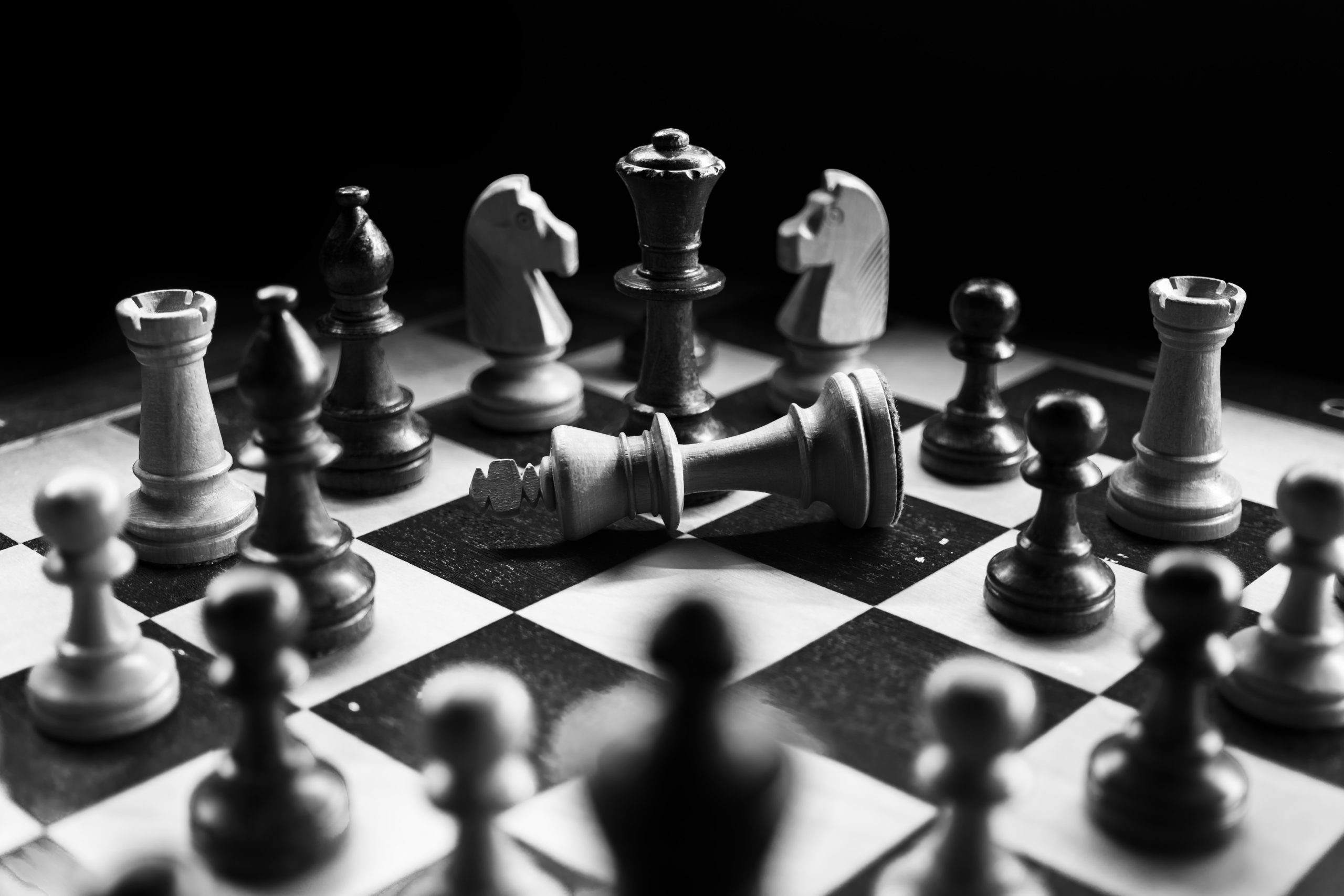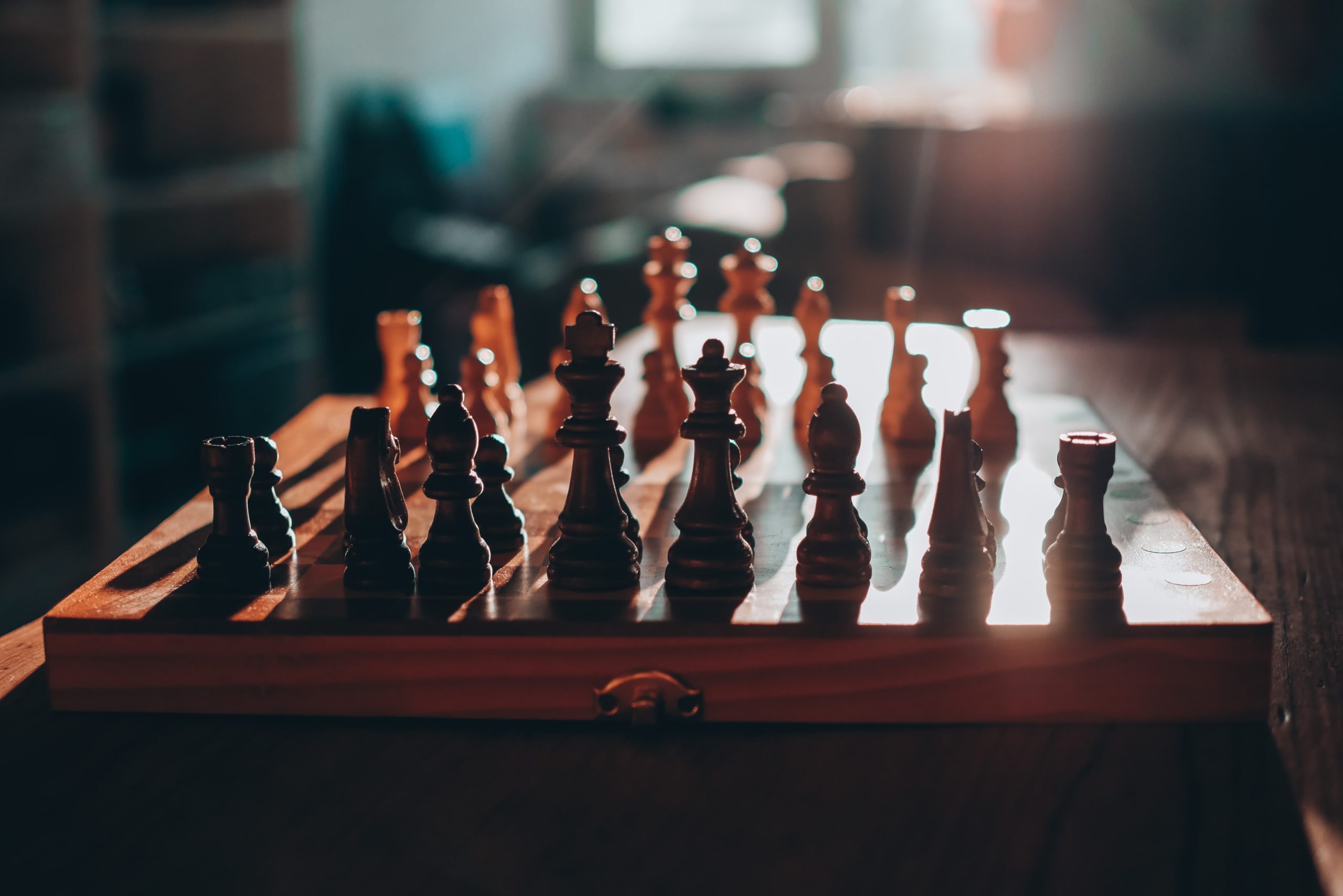The Chess World Needs to be Checked, Mate
Published on Oct. 6, 2022, at 2:31 p.m.
by Breanna Erickson.
Chess is a strategic game that can be traced back to 600 A.D. in India. There have been massive changes to the game throughout the centuries, one of which being the idea of masters. Grandmaster — which is held by the top players worldwide — is the most prestigious title and awarded by the International Chess Federation.

This bit of background on the history of chess is key to understanding the massive PR crisis the chess world is currently experiencing. During the Sinquefield Cup earlier this month, Magnus Carlsen, grandmaster and five-time world champion, recently lost to Hans Niemann, another grandmaster, who has subsequently been accused of cheating.
The day after Carlsen’s loss, he unexpectedly withdrew from the tournament and tweeted a hint at Niemann’s cheating.
This accusation comes from a history of Niemann cheating, which he admitted to Sept. 6, the day after Carlsen resigned. He confessed to cheating once at age 12, and again at age 16 in unrated games. He went on to say that now, at 19, he “never, ever … cheated at an over-the-board, in an online tournament.”
In the days following Carlsen’s resignation and Niemann’s confession, speculation ran rampant throughout the community. Some believed that Niemann received vibrations from his shoe that guided his moves, even though the frisk he received and metal detector he passed prior to the event showed no such thing.
These speculations are being fanned by Carlsen himself, who (with no solid proof) is adamant that Niemann cheated. In a tweet posted on Sept. 26, Carlsen stated that he believes Niemann has “cheated more — and more recently — than he has publicly admitted,” and that he “does not want to play against people that have cheated repeatedly in the past.”
This scandal is the biggest the chess world has seen since the Cold War clash, which pitted the United States and Soviet Union against each other, 50 years ago. Because Carlsen is considered to possibly be the best chess player of all time, his regard over Niemann allows him to control the trajectory of the news.
So what does this scandal mean for the game itself?
In a tweet shared by Danny Rensch of Chess.com, the leader of online chess, the organization stated it decided to “privately remove [Niemann] from Chess.com and our events.” It goes on to explain there is “detailed evidence” contradicting Niemann’s statements, but declined to provide it.
Outside of the grandmasters and organizations themselves, the community has become split by the scandal. Ben Finegold tweeted, “I never thought I’d see the day when the World Champion was such a cry-baby. Dizziness due to success,” in response to Carlsen’s statement on Sept. 26.

There is even a forum on Chess.com that is specifically for discourse on the scandal. It features users complaining about the lack of evidence and communication, while others are praising all parties for their professionalism and commitment to the truth.
During his breakdown of the scandal, Levy Rozman, known as GothamChess to his fans, stated that “a man’s career, a man’s mental health is at risk. The legacy of the world chess champion and arguably the best player ever is at risk. The state of chess is at risk.”
What happens in the future of chess? How will Chess.com prevent online cheating moving forward? Will unproven accusations cause the downfall of the some of the best players globally?
Without solid proof from either player or Chess.com, the community will continue to spiral into chaos and arguments of whose side is “correct.” Could this have been prevented by a faster reaction from a publicist? I suppose we will never know what could have happened, but hopefully whatever answers are found hold a bit of clarity regarding the future of the chess.




